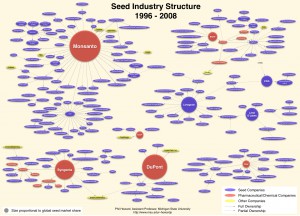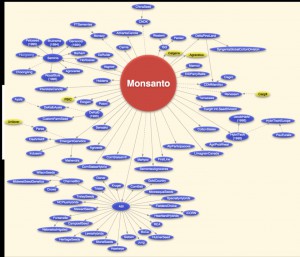George DeVault has resigned as Executive Director and President of Seed Savers Exchange, the Iowa-based non-profit dedicated to saving and sharing heirloom seeds.
Speaking for the Board of Directors, Chair Amy P. Goldman said, “We were saddened to learn of George’s resignation, but we understand his reasons for leaving. George was a boon to Seed Savers Exchange, and we are deeply appreciative. In just a short period of time, George managed to endow Seed Savers Exchange with new energy and vitality; he has set new standards of excellence; and he was respected and admired not only by the members, staff and Board of SSE, but by the wider community as well.”
DeVault and his wife are moving back to their own farm in Pennsylvania, and he will continue to work with Seed Savers Exchange on future projects. He is handing over to Aaron Whaley, son of Kent Whealy and Dianne Ott Whealy, the co-founders of Seed Savers Exchange.
The Board of Directors has appointed Whaley Acting Executive Director and President. Board Chair Goldman said “Aaron is uniquely qualified for this job and the Board has full confidence that he can advance his family’s legacy at Seed Savers Exchange in this new and challenging role.”
Whaley has worked at the organization in a full-time professional capacity since 1996, primarily as head of the commercial seed sales operation. He has degrees in Biology and Public Communications.
Seed Savers Exchange’s full press release can be downloaded as PDF file.


